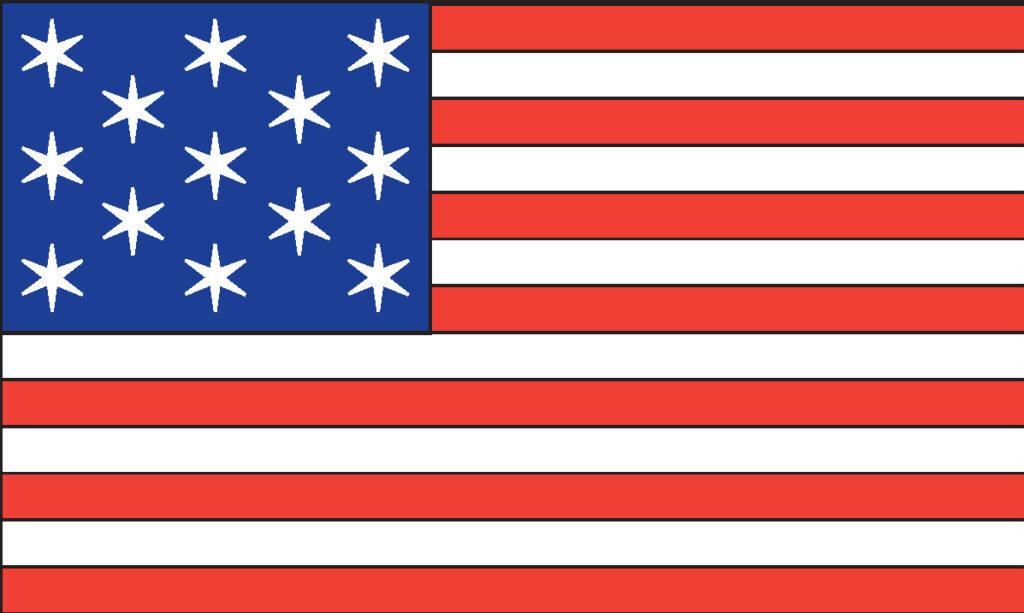English Bill of Rights
Number I
That the pretended power of suspending the laws or the execution of laws by regal authority without consent of Parliament is illegal;
Number II
That the pretended power of dispensing with laws or the execution of laws by regal authority, as it hath been assumed and exercised of late, is illegal;
Number III
That the commission for erecting the late Court of Commissioners for Ecclesiastical Causes, and all other commissions and courts of like nature, are illegal and pernicious;
Number IV
That levying money for or to the use of the Crown by pretence of prerogative, without grant of Parliament, for longer time, or in other manner than the same is or shall be granted, is illegal;
Number V
That it is the right of the subjects to petition the king, and all commitments and prosecutions for such petitioning are illegal;
Number VI
That the raising or keeping a standing army within the kingdom in time of peace, unless it be with consent of Parliament, is against law;
Number VII
That the subjects which are Protestants may have arms for their defence suitable to their conditions and as allowed by law;
Number VIII
That election of members of Parliament ought to be free;
Number IX
That the freedom of speech and debates or proceedings in Parliament ought not to be impeached or questioned in any court or place out of Parliament;
Number X
That excessive bail ought not to be required, nor excessive fines imposed, nor cruel and unusual punishments inflicted;
Number XI
That jurors ought to be duly impanelled and returned, and jurors which pass upon men in trials for high treason ought to be freeholders;
Number XII
That all grants and promises of fines and forfeitures of particular persons before conviction are illegal and void;
Number XIII
And that for redress of all grievances, and for the amending, strengthening and preserving of the laws, Parliaments ought to be held frequently.

